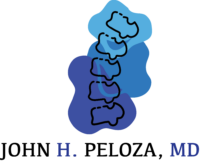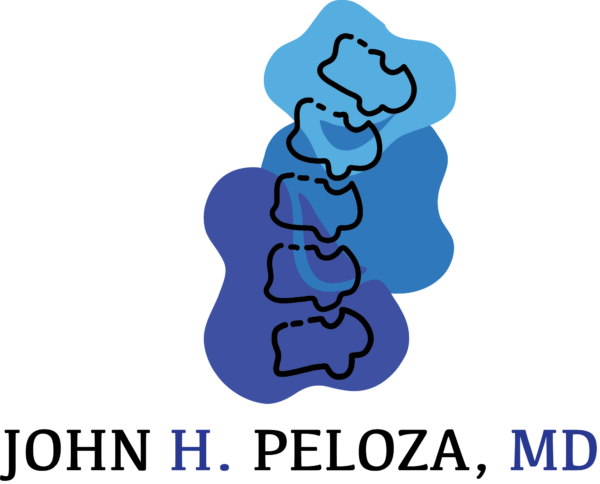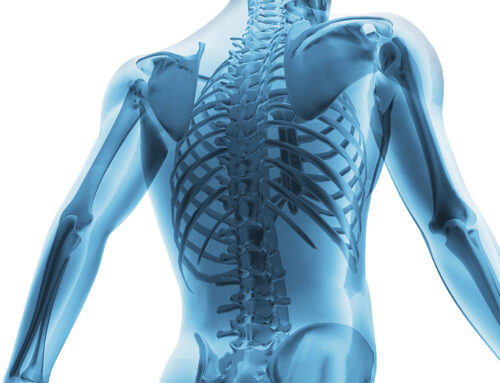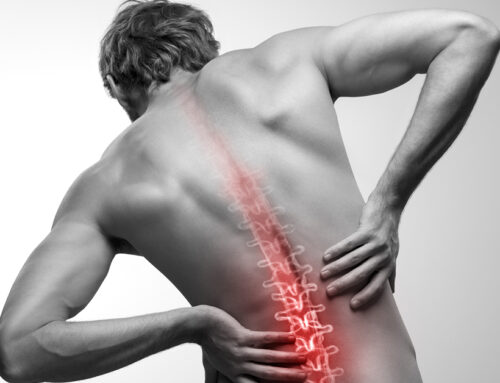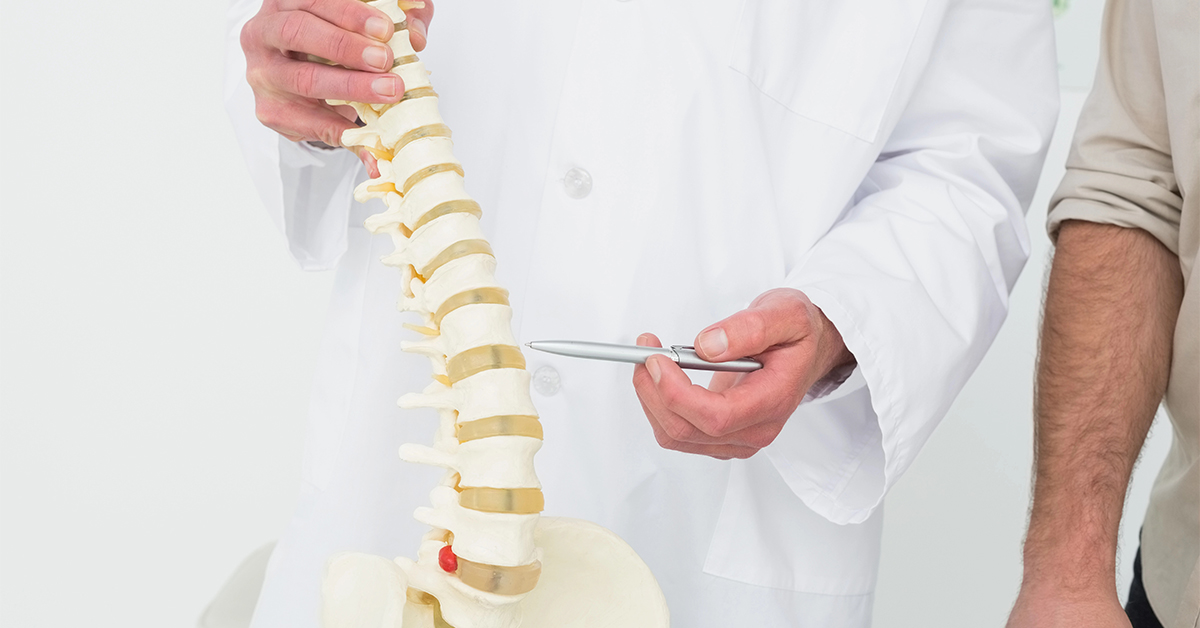
What Does Degenerative Disc Disease Pain Feel Like?
Degenerative Disc Disease (DDD) is a condition that occurs when the intervertebral discs in the spine begin to deteriorate, often due to aging or injury. These discs act as cushions between the vertebrae, and when they degenerate, they can cause pain and discomfort. But what does Degenerative Disc Disease pain actually feel like?
Characteristics of DDD Pain
- Chronic, Low-Level Pain: Many people with DDD experience a chronic, low-level pain that can be described as a dull ache. This discomfort is often present in the lower back or neck, depending on the affected area of the spine.
- Intermittent Sharp Pain: Alongside the chronic ache, individuals might experience episodes of more intense pain. This sharp, stabbing pain can flare up suddenly and may be triggered by activities that stress the spine, such as bending, lifting, or twisting.
- Pain Radiating to Limbs: In some cases, the degenerating discs can cause nerve compression, leading to pain that radiates from the back or neck into the limbs. For example, if DDD affects the lumbar spine, it may result in sciatica—pain that travels down the leg.
- Increased Pain with Movement: DDD pain often worsens with certain movements or prolonged sitting or standing. Activities that involve bending or twisting the spine can exacerbate the pain, as can lifting heavy objects.
- Relief with Certain Positions: Many people find relief by changing positions. Lying down or reclining may reduce pressure on the spine, alleviating some of the pain.
- Stiffness and Reduced Flexibility: DDD can also cause stiffness in the back or neck, leading to a reduced range of motion. This stiffness can make it challenging to perform daily activities and may be particularly noticeable in the morning or after periods of inactivity.
Degenerative Disc Disease pain can vary widely among individuals, but it commonly presents as a chronic, dull ache with intermittent episodes of sharp pain. This pain can radiate to the limbs and often worsens with movement. If you suspect you have DDD or are experiencing persistent back or neck pain, it's important to consult a healthcare professional for a proper diagnosis and treatment plan. Effective management can help alleviate symptoms and improve quality of life.
